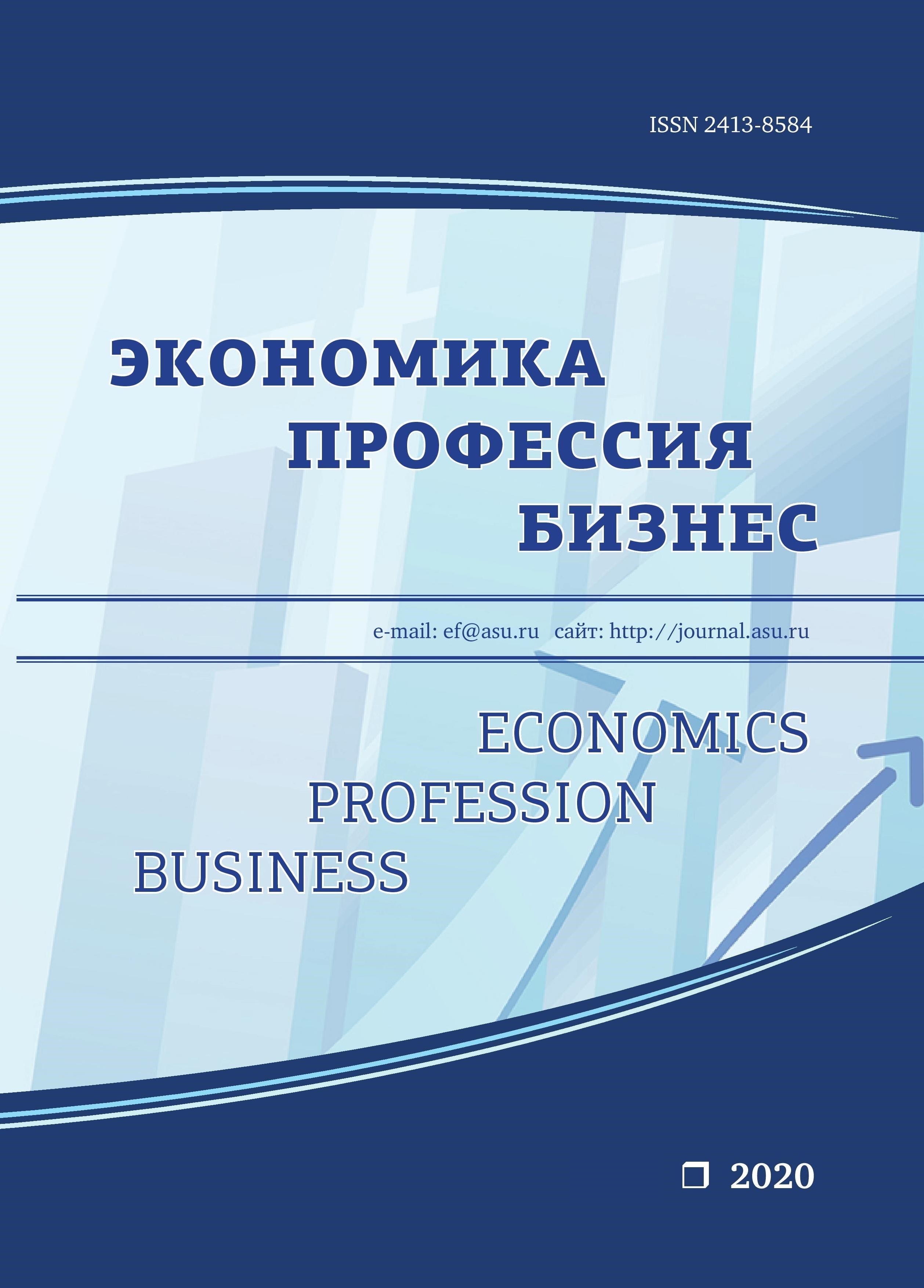INVOLVEMENT OF THE POPULATION IN SOLVING LOCAL ISSUES: HISTORIOGRAPHY AND THE EXPERIENCE OF THE ALTAI TERRITORY
Abstract
The article defines initiative budgeting — the Russian version of the participatory budgeting method widely known abroad, which appeared in the late 1980s in Porto Alegre (Brazil). The emergence of participatory budgeting was a response to the need for citizens and government representatives to work together in solving urban problems. The successful experience of Porto Alegre first began to be replicated in Brazil, and then in other Latin American countries. As a result, participatory budgeting began to spread around the world. In Russia, the most common practice of initiative budgeting was the program for supporting local initiatives, which was launched in the Stavropol territory, demonstrating the possibility of actually involving citizens in solving local issues and improving the quality of the dialogue between the government and the population, increasing citizens «satisfaction with local government procedures and trust in them. The paper presents the experience of participation of the Altai territory in the practice of initiative budgeting, which is considered by the authors in the context of modern concepts of regional research and formation of strategies for territorial development.
Downloads
Metrics
References
Белых И. Н. Интерес к проекту растет // Местное самоуправление на Алтае. 2019. № 3 (100). С. 46.
Доклад «О лучшей практике развития инициативного бюджетирования в субъектах Российской Федерации и муниципальных образованиях» // Министерство финансов Российской Федерации [Электронный ресурс]. URL: https://www.minfin.ru/common/upload/library/2018/08/main/IB_ 2018.pdf/ (дата обращения: 08.05.2019).
Доклад о мировом развитии 2015 «Мышление, общество и поведение». Международный банк реконструкции и развития / Всемирный банк. 2015. 38 с. [Электронный ресурс]. URL: https://clck.ru/A5wjQ/ (дата обращения: 24.01.2020).
Дусь Ю. П., Власкина Е. Я. «Житель всегда прав», или Как вовлечь население в управление развитием территориии. 2018. Т. 16, № 4. С. 612-623.
Инициативное бюджетирование. Российский опыт в области участия граждан в решении вопросов местного значения / И. Е. Шульга, В. В. Вагин, Г. Н. Хачатрян и др. М.: Алекс, 2017. 124 с.
Нельсон Диас. Надежда на демократию. 30 лет партисипаторного бюджетирования по всему миру. Фору: «Cempress TM», 2018. 635 с.
Пилясов А. Н. Развитие региональной науки и вызовы перед российским сообществом экономикогеографов и региональных экономистов // Региональные исследования. № 3 (29). 2010. С. 16-43.
Постановление Администрации Алтайского края от 31.12.2013 № 722 «Об утверждении государственной программы Алтайского края «Создание условий для устойчивого исполнения бюджетов муниципальных образований и повышения эффективности бюджетных расходов в Алтайском крае».
Фролов Д. П., Соловьева И. А. Будущее стратегий территориального развития: анализ современных методологий // Региональная экономика: теория и практика. 2016. № 10. С. 28-45.
Шульга И. Е., Сухова А. С. Программа поддержки местных инициатив: совершенствование местного самоуправления и развитие инициативного бюджетирования. М.: Алекс, 2016. 52 с.
REFERENCES
25 questions about initiative budgeting: tutorial (2017) / V. V. Vagin, E. A. Timokhina, N. V. Gavrilova, etc.; Kudrin Foundation for support of civil initiatives. Moscow, 46 (in Russian).
Belykh I. N. (2019) Interest in the project is growing // Local self-government in the Altai. 3 (100).
Report “On the best practice of development of initiative budgeting in the subjects of the Russian Federation and municipalities” // Ministry of Finance of the Russian Federation [Electronic resource]. URL: https://www. minfin.ru/common/upload/library/2018/08/main/IB_2018.pdf/.
World development report 2015 “Thinking, society and behavior”. International Bank for reconstruction and development (2015) / world Bank. 38 (in Russian). [Electronic resource]. URL: https://clck.ru/A5wjQ/.
Dus Yu. P., Vlaskina E. Ya. (2018) “The Resident is always right”, or how to involve the population in managing the development of the territory. Vol. 16, 4, 612-623 (in Russian).
Initiative budgeting. Russian experience in the field of citizens “participation in solving local issues (2017)/I. E. Shulga, V. V. Vagin, G. N. Khachatryan, etc. M., 124 (in Russian).
Nelson Dias (2018). HOPE FOR DEMOCRACY. 30 Years of Participatory Budgeting Worldwide. Faro: “Cempress TM”. 635.
Pilyasov A. N. (2010) Development of regional science and challenges to the Russian community of economic geographers and regional economists // Regional studies, 3 (29), 16-43 (in Russian).
Resolution of the administration of the Altai territory of 31.12.2013 No. 722 “On approval of the state program of the Altai territory “Creating conditions for sustainable execution of municipal budgets and improving the efficiency of budget expenditures in the Altai territory”.
Frolov D. P., Solovyova I. A. (2016) The Future of territorial development strategies: analysis of modern methodologies // Regional Economics: theory and practice, 10, 28-45 (in Russian).
Shulga I. E., Sukhova A. S. (2016) Program for supporting local initiatives: improving local self-government and developing initiative budgeting. Moscow, 52 (in Russian).
Economics Profession Business is a golden publisher, as we allow self-archiving, but most importantly we are fully transparent about your rights.
Authors may present and discuss their findings ahead of publication: at biological or scientific conferences, on preprint servers, in public databases, and in blogs, wikis, tweets, and other informal communication channels.
Economics Profession Business (EPB) allows authors to deposit manuscripts (currently under review or those for intended submission to EPB) in non-commercial, pre-print servers such as ArXiv.
Authors who publish with this journal agree to the following terms:
- Authors retain copyright and grant the journal right of first publication with the work simultaneously licensed under a Creative Commons Attribution License that allows others to share the work with an acknowledgement of the work's authorship and initial publication in this journal.
- Authors are able to enter into separate, additional contractual arrangements for the non-exclusive distribution of the journal's published version of the work (e.g., post it to an institutional repository or publish it in a book), with an acknowledgement of its initial publication in this journal.
- Authors are permitted and encouraged to post their work online (e.g., in institutional repositories or on their website) prior to and during the submission process, as it can lead to productive exchanges, as well as earlier and greater citation of published work (See The Effect of Open Access).









